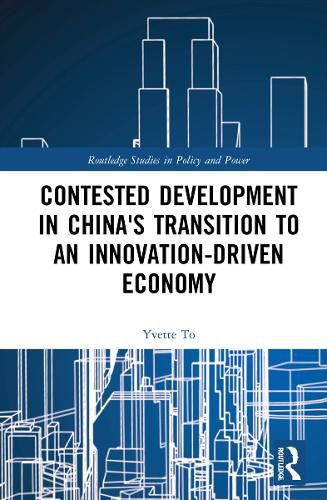Readings Newsletter
Become a Readings Member to make your shopping experience even easier.
Sign in or sign up for free!
You’re not far away from qualifying for FREE standard shipping within Australia
You’ve qualified for FREE standard shipping within Australia
The cart is loading…






This book investigates how technology and innovation policies in contemporary China are impacted by collaboration and conflicts between different classes and interests in a world economy, in which competitiveness is defined by the successful leverage of emerging technologies.
Focusing on the actual processes and outcomes of technological upgrading in three dynamic sectors, the book presents an alternative approach to understanding China's industrial upgrading strategies, by examining the ways in which the making and implementation of policies are shaped by political struggles between state actors and dominant capitalist interests in the context of global capitalism. In doing so, the book challenges influential institutionalist approaches as explanations of institutional change, positing instead a political economy framework grounded in social conflict theory to reveal how power relationships and politics are intrinsic to the evolution, form, and function of institutions.
This book will be of key interest to scholars and students of international political economy, development studies, globalisation and innovation, China and Chinese politics, and public policy.
$9.00 standard shipping within Australia
FREE standard shipping within Australia for orders over $100.00
Express & International shipping calculated at checkout
This book investigates how technology and innovation policies in contemporary China are impacted by collaboration and conflicts between different classes and interests in a world economy, in which competitiveness is defined by the successful leverage of emerging technologies.
Focusing on the actual processes and outcomes of technological upgrading in three dynamic sectors, the book presents an alternative approach to understanding China's industrial upgrading strategies, by examining the ways in which the making and implementation of policies are shaped by political struggles between state actors and dominant capitalist interests in the context of global capitalism. In doing so, the book challenges influential institutionalist approaches as explanations of institutional change, positing instead a political economy framework grounded in social conflict theory to reveal how power relationships and politics are intrinsic to the evolution, form, and function of institutions.
This book will be of key interest to scholars and students of international political economy, development studies, globalisation and innovation, China and Chinese politics, and public policy.